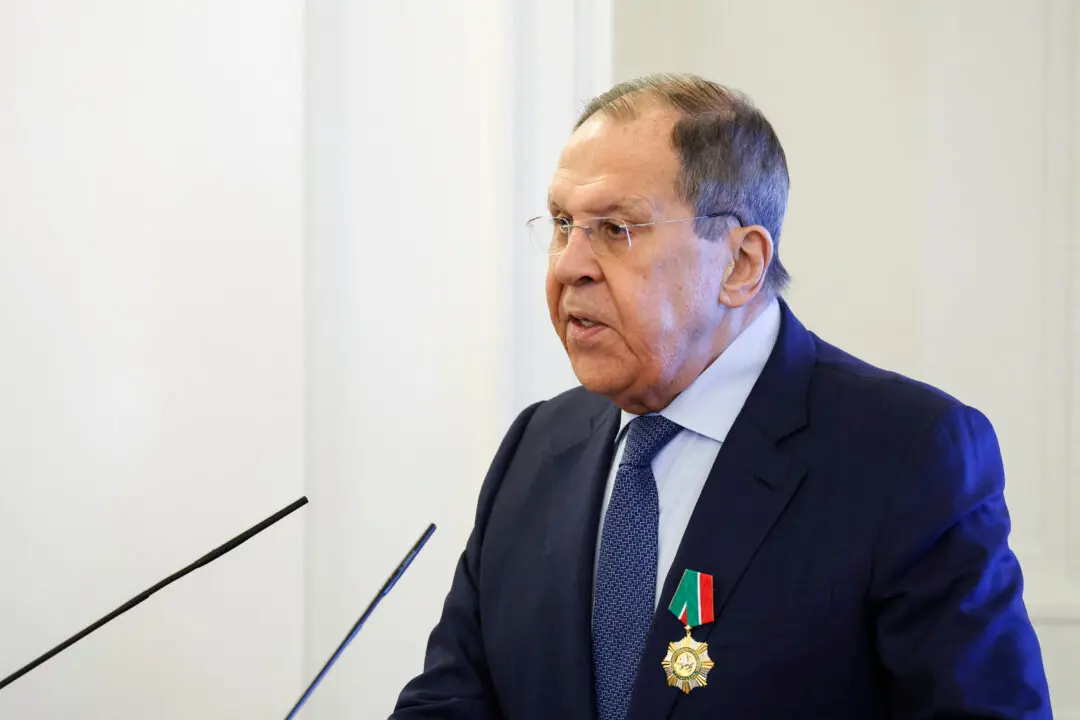A National Crime Agency (NCA) officer has denied key facts were deliberately “suppressed” about what discussions took place with French law enforcement in the run-up to the hacking of EncroChat—an encrypted phone network allegedly used by thousands of criminals across Europe—in March 2020.
On Friday, Wayne Johns was cross examined by Stephen Kamlish, KC at an Investigatory Powers Tribunal which is hearing legal challenges by 10 individuals on the use of encrypted conversations by the NCA from EncroChat, which resulted from a hack conducted by French law enforcement.





